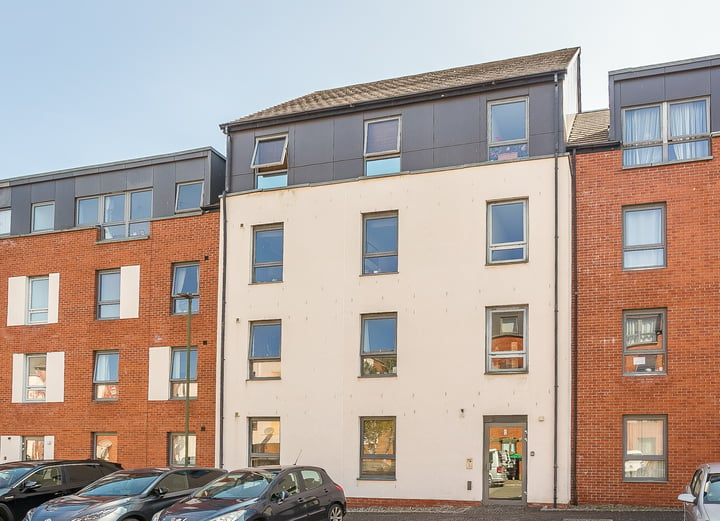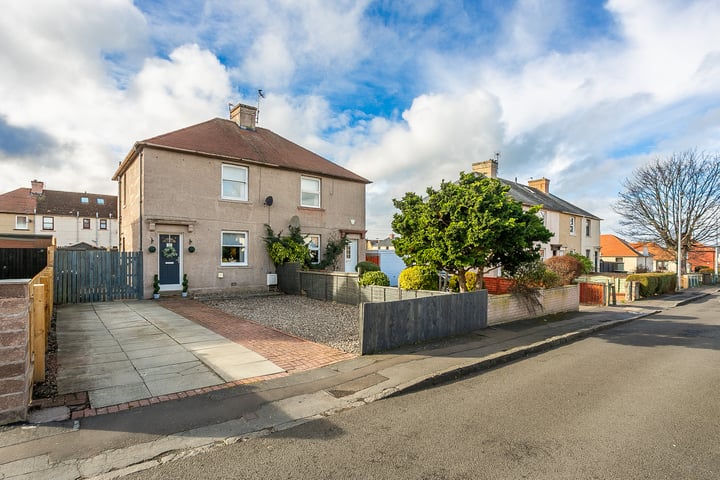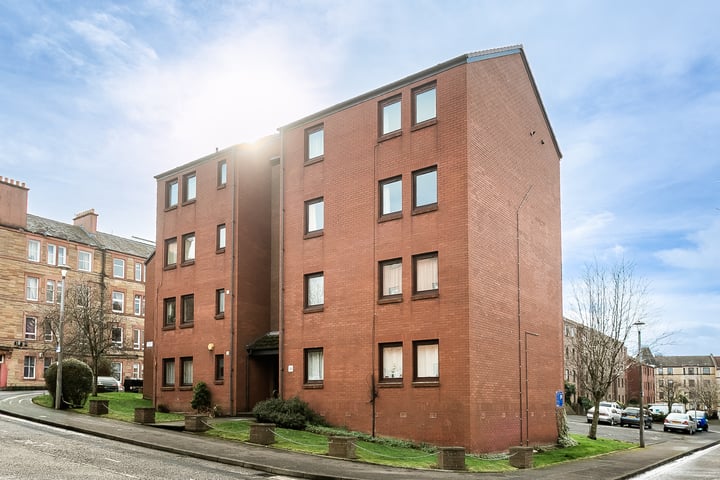The Chancellor of the Exchequer, Rachel Reeves, delivered her Budget on 26 November 2025. The Budget was notable for a number of changes to taxation. With Scotland being a devolved administration, some of these changes will apply to Scotland and some will not. So, what does this mean for the Scottish property market in particular?
What Does Apply in Scotland
The UK government introduced a 2 percentage point rise to the ordinary and upper tax rates on dividend income from April 2026, and all rates on savings income from April 2027. These types of income are reserved to the UK Government, so any adjustments announced in the Budget do apply in Scotland automatically.
Landlords in Scotland will also be affected by the continued rollout of Making Tax Digital. This requires digital reporting of rental income, and it is a UK-wide requirement. Anyone who owns a rental property in Scotland will need to follow these rules once they become mandatory.
Even when a tax is reserved to the UK Government, the revenue it raises has an influence on the “block grant” that Scotland receives from the UK government. So decisions taken in Westminster can influence the resources available to the Scottish Government, which may lead to changes in spending or future tax policy within Scotland. In other words, UK tax policy can still have an indirect impact on Scotland even when the tax itself is not devolved.
What Does Not Automatically Apply to Scotland
The newly-proposed “mansion tax,” which is described as a council tax surcharge for properties valued above two million pounds, does not automatically apply in Scotland. Any equivalent measure in Scotland would require a separate decision from the Scottish Government.
The new standardised property income tax rates announced in the Budget for landlords in England, Wales and Northern Ireland also do not take effect in Scotland. Income from property is classed as non savings and non dividend income, which falls under Scotland’s devolved income tax system. Scotland sets its own rates and bands, so the increases proposed by the UK Government only apply if Scottish ministers choose to adopt something similar at a later date.
There is, however, a possibility of indirect influence. If the UK Government changes the definition or treatment of property income for its own system, that can shape expectations and policy discussions. It does not require Scotland to follow, but it may inform future decisions made by the Scottish Government.
What This Means in Practice
If you live in Scotland and receive savings interest or dividend payments, the changes announced in the Autumn Budget will apply to you automatically. These are UK-wide taxes and Scotland does not have the power to set alternative rates for them.
If you own rental property in Scotland, your income will continue to be taxed according to Scottish income tax bands. The proposed additional two percentage points for property income in the rest of the UK will not apply unless the Scottish Government chooses to introduce a similar change in its own Budget.
If you own a higher value home in Scotland, the new mansion tax outlined by the UK Government does not affect you automatically. Property taxation in Scotland is separate, and any decision to introduce a similar measure would rest entirely with the Scottish Government. There may be future discussions or reforms, but nothing in the Autumn Budget directly changes the Scottish system.
Will This Have a Positive or Negative Effect on the Scottish Property Market?
Commenting on the Budget, MOV8’s Managing Director, Robert Carroll, stated:
“We have experienced a number of property buyers and sellers referencing the uncertainty in the market in the lead-up to the UK Government’s Autumn Budget. Stamp Duty (SDLT) reform in particular was much-discussed. Even though Scotland operates a system of Land and Buildings Transaction Tax (LBTT) rather than SDLT, the Scottish Government is not unaffected by changes south of the border. There was always a possibility that, if changes were made in England and Wales, property buyers in Scotland would wait until the Scottish Budget before they made their own decisions about buying a property.
“With that uncertainty now cleared-up, it can only have a positive influence on the Scottish property market.
“Of course, the wider economic outlook of the UK impacts the property markets across the UK, not least because of the effect on interest rates and mortgage lending policies. I’m confident that the Scottish property market remains strong, and demand for property remains high enough that we will continue to see a strong end to 2025 and beginning to 2026 for buyers and sellers in Scotland.”







Leave a Reply